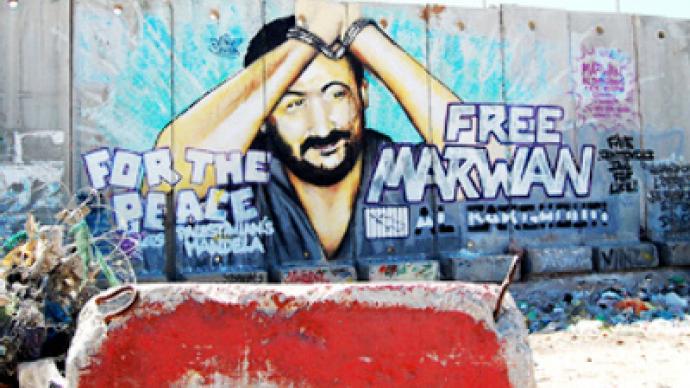Israel approves “democratic” barrier along Egyptian border

In a crackdown against “migrant workers and terrorists,” Israeli Prime Minister Benjamin Netanyahu has ordered the construction of barriers along Israel’s border with Egypt.
The latest fence construction, which is expected to set back Israeli taxpayers at least $270 million, is designed to block the main infiltration routes near the Red Sea city of Eilat and on the edge of the Gaza Strip.
The new security zones will also contain advanced surveillance equipment, as well as a heightened police presence, according to Israeli sources.
But the Israeli government took pains to stress that this latest fence construction will be built with democracy in mind.
“I took the decision to close Israel's southern border to infiltrators and terrorists. This is a strategic decision to secure Israel's Jewish and democratic character,” Haaretz, the Israeli daily, quoted the prime minister as saying.
According to the newspaper, thousands of foreign migrants have entered Israel through its porous border with Egypt over the last few years in search for work and better living conditions.
Israeli police report that between 100-200 illegal immigrants cross into Israel from Egypt every week. But not all of the illegal immigrants make it safely to their destination.
Since May, Egyptian police have reportedly killed over a dozen people – mostly from the African countries of Eritrea, Ethiopia and Sudan – who have attempted to illegally breach the 266-kilometer (166-mile) frontier border with Israel.
In response to critics who argue that Israel should help provide humanitarian support to refugees from Africa, Netanyahu said Israel would continue to “remain open to refugees” from conflict zones, before adding the caveat: “We cannot let tens of thousands of illegal workers infiltrate into Israel through the southern border and inundate our country with illegal aliens.”
But it is not just illegal immigrants that are worrying Israeli officials. Palestinian militants have in the past infiltrated the Egyptian border to stage terrorist attacks on Israeli territory.
In December 2008, in response to missile attacks from the Gaza Strip, as well as tunnels used for smuggling along the Egyptian-Gaza border, the Israeli military unleashed a massive military offensive, codenamed “Operation Cast Lead,” against Hamas militants. The operation resulted in the deaths of over 1,000 Palestinians, including women and children, and exposed Israel to harsh criticism, most notably in the form of a controversial UN investigation known as the Goldstone Report (to download the entire 575-page UN report, click here ).
Last week, Israel – which argues in its defense that Hamas regularly employs its fighters in and around civilian institutions, thus exposing them to military attack – agreed "in principle" to reimburse the UN for losses it sustained during the 22-day war in Gaza.
Meanwhile, Egyptian security sources, which are reportedly constructing an underground barrier along its border with Gaza, said they have not been informed of Israel’s plans, said they would not object, so long as the barrier was built on Israeli territory.
The first two sections of the barrier will be constructed in the next two years near Eilat, Israel's southernmost resort city, and Nitzana, near the border with the Hamas-controlled Gaza Strip.
This is not Israel’s first attempt to construct a border security fence.
In 2002, and in response to suicide bombings in Israeli territory by Palestinians, Israel began construction of the West Bank security fence, which snakes through, and in some cases, cuts off, contested Palestinian territory.
In 2004, the International Court of Justice issued an advisory ruling that the 703-kilometer (436 mile) barrier was illegal and should be removed.
The opinion ruling declared that “Israel cannot rely on a right of self defense or on a state of necessity in order to preclude the wrongfulness of the construction of the wall. Construction of the barrier is contrary to international law.”
UN officials have not issued a formal response to Israel's latest planned fence construction along the border with Egypt.












